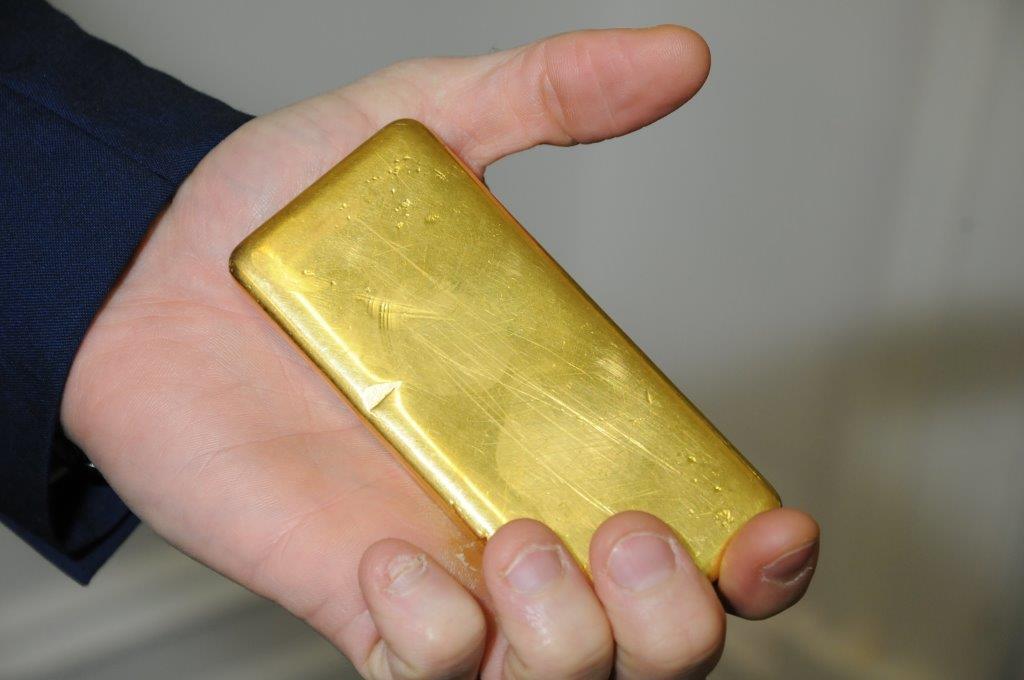Australia’s official bullion mint, Perth Mint, says there was “no question” about the gold value and purity of its gold bars sold to Chinese customers, which indisputably contained at least 99.99 percent gold “at all times.”
It comes in response to an investigation by the Australian Broadcasting Corporation (ABC), which found the mint may need to recall almost $9 billion worth of gold bars after it was discovered they had been diluted with other metals and allegedly swept the issue under a rug.





